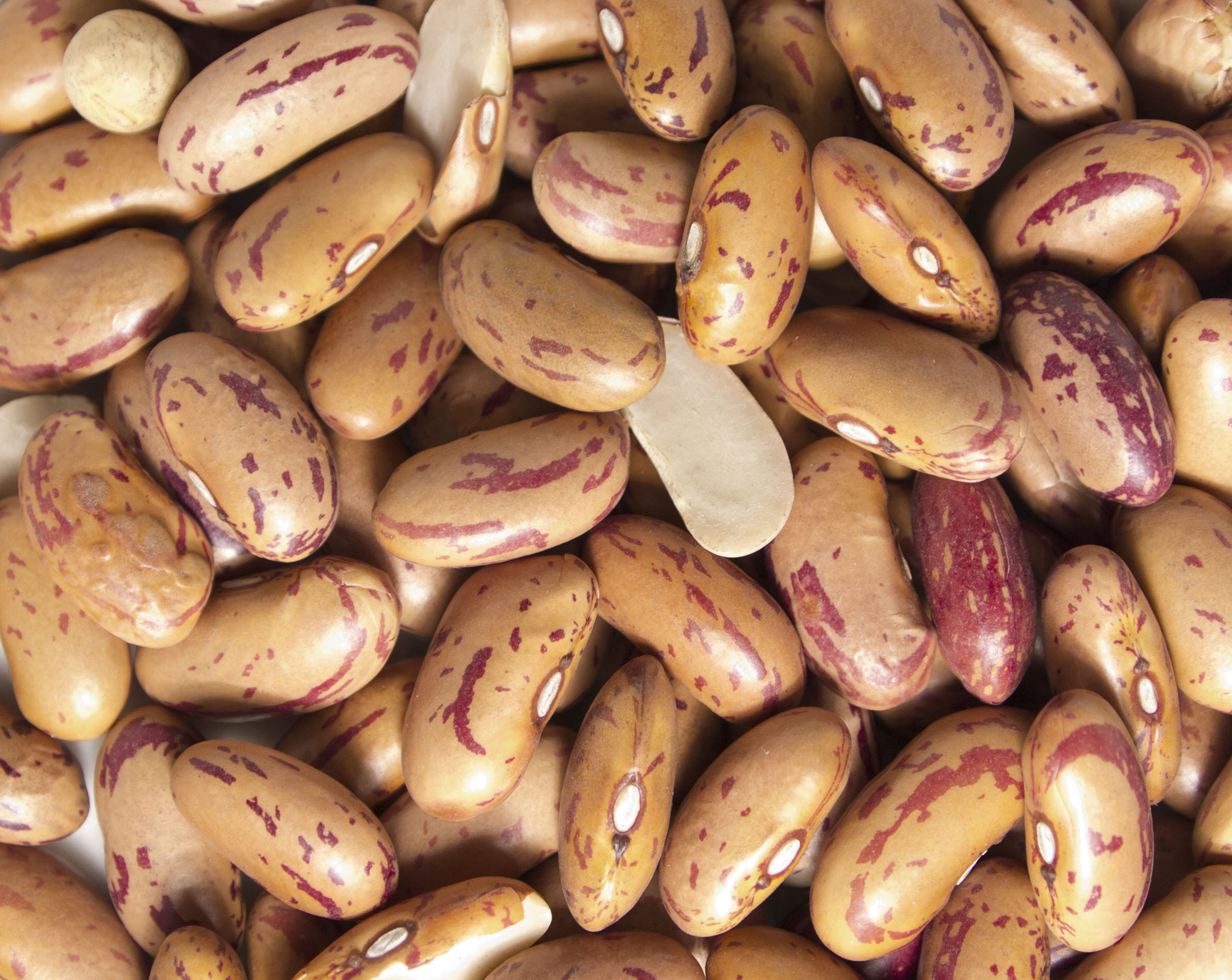|
Getting your Trinity Audio player ready…
|
In the heart of Kigali, Rwanda, Govindaraj, a Senior Scientist in Crop Development at HarvestPlus, and Telesphore Ndabamenye, the Director General of the Rwanda Agriculture and Animal Resources Development Board (RAB), found themselves engaged in a crucial conversation. The purpose of the meeting was to deliberate on the future of bean farming and scaling in the region.
The discussion centered on the collaboration between RAB and HarvestPlus, specifically in the context of biofortified beans. For more than a decade, HarvestPlus has been actively supporting research in this area, leading to the release of 18 biofortified bean varieties by 2021, and several in the pipeline, and testing.
HarvestPlus concluded its Rwanda program in 2019 when iron beans achieved a critical mass in the market sufficient for sustainable growth under country-led and local efforts. Nonetheless, HarvestPlus has continued to collaborate with partners to work towards new product development and continued scaling.
Ndabamenye, recognizing the important role of HarvestPlus, requested support for enhanced bean seed production and improving market availability and accessibility of High Iron Beans (HIB) to combat malnutrition and income insecurity. The two leaders agreed to work together to scale operations, including branding and processing opportunities, and to address identified research and development gaps in the coming years. Ndabamenye assured of an enabling working and collaborative environment. He promptly instructed the Bean program lead, Dr. Edouard Rurangwa to integrate the HarvestPlus team into the national nutrition product mainstreaming strategy and working committee—signaling a continued partnership.
Govindaraj expressed eagerness to strengthen linkages between bean value chain actors, emphasizing HarvestPlus’ commitment to supporting biofortified beans. Low productivity due to poor source seed quality and dissemination were cited as the most critical challenges at the community level stressing the need for improved bean varieties.
Ndabamenye urged the sharing of successful models from HarvestPlus’ experiences in other countries, emphasizing the importance of customization to suit Rwanda’s unique conditions for a sustainable seed system and a vibrant bean value chain.
The leaders recognized the necessity of working even more closely, aligning efforts across different centers and organizations, including CGIAR such as the International Center for Tropical Agriculture (CIAT) and Pan Africa Beans Research Alliance (PABRA). They saw the potential for synergy with ongoing projects, including those supported by the Accelerated Innovation Delivery Initiative and school feeding programs, to further amplify the impact of biofortified beans in East Africa.
The collaboration between HarvestPlus and RAB held the promise of not only addressing nutritional challenges but also contributing to the economic well-being of farmers, marking the beginning of a new chapter in East Africa’s agricultural development.
Source: Krishak Jagat
